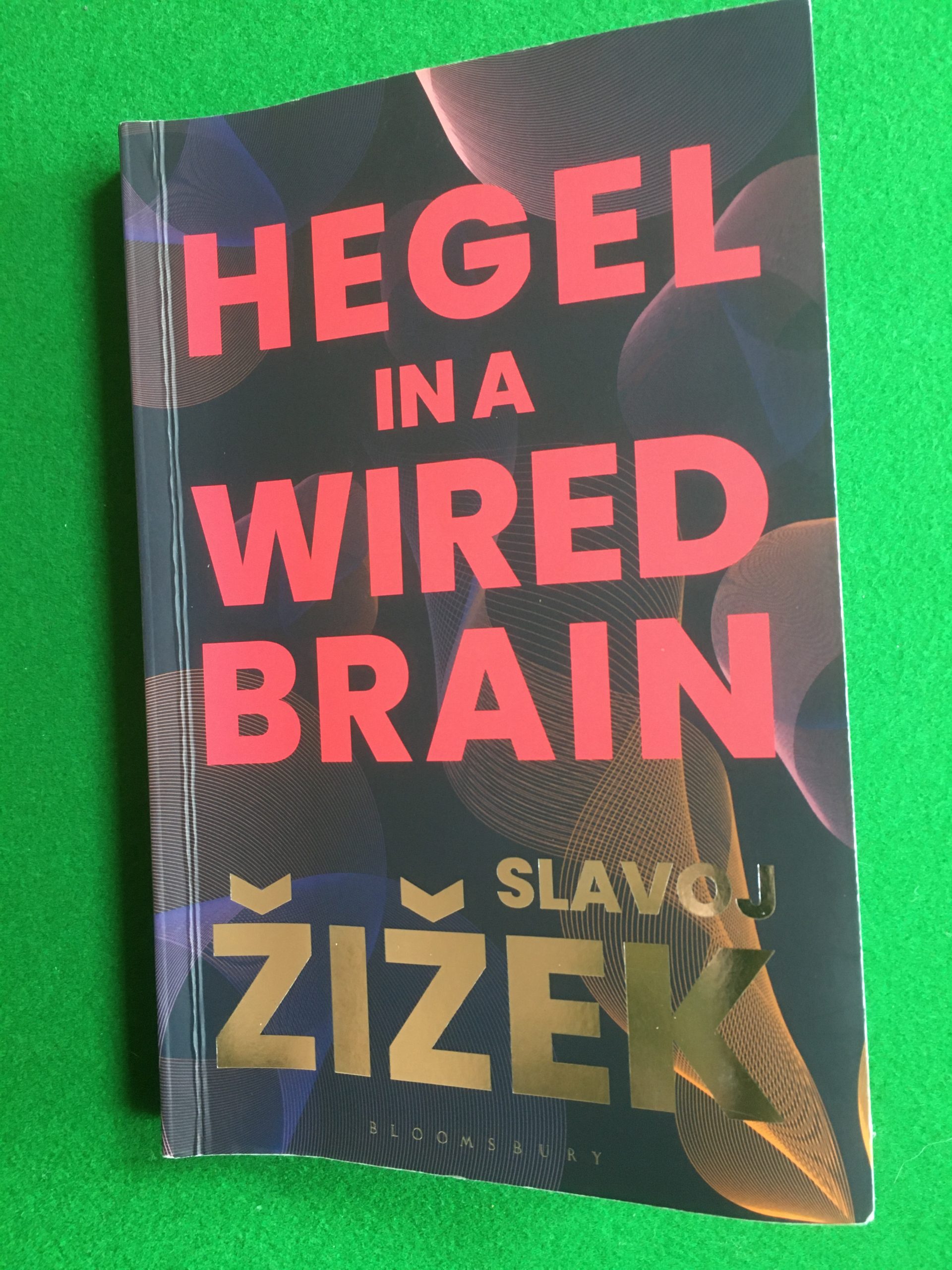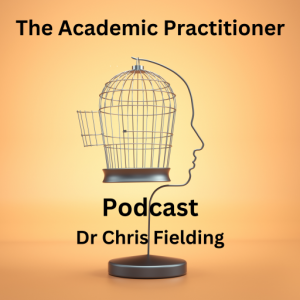In the introduction to his book ‘Hegel and the wired brain’ Slavoj Zizek (2020 ) writes that if Georg Hegel had a motto, it would be something like ‘Find truth in the way that things go wrong!’. I find great comfort in that.
In my attempt to be an academic practitioner, I aim to help people through knowledge. A rather grand aim and one that can sound trite. My problem is that acquiring knowledge is an ongoing, forever process. I can always know more and my explanations and models can always be just that little bit better. There is always one more article to read and one more theorist to explore. How do I put plans into action and not simply theorise about them when I know that they are flawed from the outset?
Strangely, Zizek (2020:11) gives me encouragement when he writes that all attempts to improve the world are doomed to failure. It is out of these failures that a new ‘form of being can arise’ .
In my own work (Fielding, 2020), I articulate my best understanding of the world through a hypothesis and use this as a basis to act and develop practice. In a Hegelian view of the world, I would then smash my hypothesis together with an opposing hypothesis and out of the carnage a new hypothesis would emerge (Warburton, 2012).
I am not much of a smasher of hypotheses. I am more of a prodder and stretcher. I seek the vulnerable points, the bits that make me queasy and test the edges. I live actively alongside my hypothesis and notice when phenomena either resonate with it or jar uncomfortably and cause a sense of deep unease. I am continually checking whether every part of the hypothesis is necessary or was just the flavour of the month when I constructed it. Does each part stand the test of time? Am I comfortable with the language that I used to construct my conceptual understanding or do I get the sense that I was trying to cram a world of meaning into a word or phrase? Am I using a placeholder term as a substitute for a swirling mass that I have no way of articulating?
Those queasy words and phrases offer a tantalising, shimmering portal into another world. It is exhilarating. Standing on the edge before jumping into the void. It is a messy process full of fog and confusion.
This epistemological stance lends a forward momentum (Fielding 2020) and within this cycle of exploration and practice, comes a point where one’s best understanding of the world needs to be articulated again and a new hypothesis emerges. Plans are be amended, practice developed and the world moves on. We cannot wait for full understanding before we act. The value comes in the attempt. Zizek (2020:20) writes that:
‘the path to truth is a moment of truth itself’ and that ‘truth is ultimately nothing other than the systematic articulation of a succession of errors’.
I love that. It offers more than just encouragement. It is liberating. In attempting to do good in the world, we will make mistakes. This gives us the freedom to try.
References
Fielding, C. (2020) Inclusion for the excluded: Applying critical realism in an alternative provision academy for excluded primary school pupils. Ed.D MMU
Warburton, N. (2012) A little history of philosophy. Yale University Press: London
Žižek, S. (2020). Hegel in A Wired Brain. India: Bloomsbury Academic.


